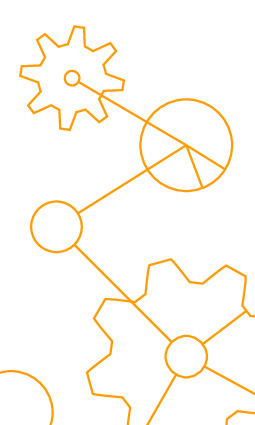|
|
|
| Module code: WIM22-WPM-W-404 |
|
|
1V+1PA (2 hours per week) |
|
3 |
| Semester: 2 |
| Mandatory course: no |
Language of instruction:
German |
Assessment:
Project work
[updated 08.05.2023]
|
WIM22-WPM-W-404 (P450-0127) Industrial Engineering, Master, ASPO 01.04.2022
, semester 2, optional course
|
30 class hours (= 22.5 clock hours) over a 15-week period.
The total student study time is 90 hours (equivalent to 3 ECTS credits).
There are therefore 67.5 hours available for class preparation and follow-up work and exam preparation.
|
Recommended prerequisites (modules):
None.
|
Recommended as prerequisite for:
|
Module coordinator:
Prof. Dr. Andy Junker |
Lecturer:
Prof. Dr. Andy Junker
[updated 05.08.2022]
|
Learning outcomes:
After successfully completing this module students will:
be familiar with the business, technical and operational aspects of business value enhancement
be able to apply these methods
be able to consider "business succession" as a special kind of "business start-up" and, in this context, introduce measures to increase the value of the business and present these in the project
be able to work on individual practical problems in case studies, find solutions and present them to the group
be able to present selected results in a final presentation - preferably with the cooperation partner SIKB - and, ideally, establish direct contact with potential company transferees.
[updated 08.05.2023]
|
Module content:
1. Current situation of company succession in Germany
2. Business management methods for business value enhancement
2.1. Working capital management
2.2. Business valuation in medium-sized companies
2.3. Due diligence in company succession
3. Technical and interdisciplinary methods of business value enhancement
4. The "phase model" of company succession
[updated 08.05.2023]
|
Teaching methods/Media:
Lecture with case studies
[updated 08.05.2023]
|
Recommended or required reading:
Coenenberg/Salfeld: Wertorientierte Unternehmensführung, aktuelle Auflage.
Junker/Griebsch: Unternehmensnachfolge und Unternehmenswertsteigerung
IfM Bonn: diverse Studien
[updated 08.05.2023]
|


